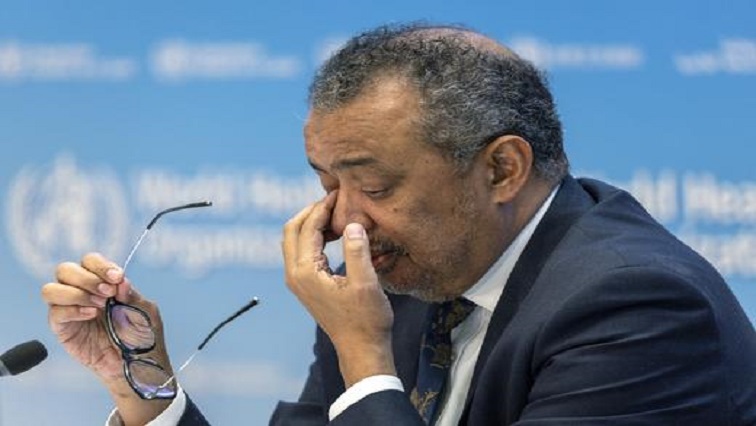
Director-General of the World Health Organization (WHO), Dr Tedros Ghebreyesus, announced that his uncle has been murdered in the Tigray region, Ethiopia. The head of WHO has also been a vocal critic of Ethiopia’s role in the conflict which has killed tens of thousands and displaced millions.
Witnesses and aid workers say despite the truce Eritrean forces have been looting towns, arresting and killing civilians.

Dr Ghebreyesus who became the global face of the anti-coronavirus crusade, hails from the war-torn part of Ethiopia in Tigray and put on a brave face as the conflict raged on. At some point, the Ethiopian government accused him of trying to procure arms and diplomatic backing for rebel forces, charges he has denied. As Tedros wrapped up the year with a media briefing in Geneva, he shared this painful story about his uncle, who had been killed.
“On Saturday, last Saturday I was informed that my uncle was murdered by the Eritrean army. I spoke to my mother and she was really devastated, because he was the youngest from their family, and he was almost same age with me – young uncle. So I was not in good shape, that’s why,” explains Dr Ghebreyesus who also confirmed that 50 other people from same village were killed in the attack.
Last weekend, I found out that my uncle was murdered by #Eritrean army in his own house. It is another painful loss for my family due to the ongoing violence in #Tigray, Ethiopia. Peace is all the people and families need.
— Tedros Adhanom Ghebreyesus (@DrTedros) December 14, 2022
All of this happened as Ethiopian Prime Minister, Abiy Ahmed, is attending the US-Africa Leaders’ Summit in Washington DC. Recently, a peace agreement was signed in South Africa.
Great meeting with US National Security Advisor @JakeSullivan46. Among many issues, our constructive discussions have also focused on strengthening the historical bilateral relations between our two nations. pic.twitter.com/lEiMicrPFD
— Abiy Ahmed Ali 🇪🇹 (@AbiyAhmedAli) December 13, 2022
Meanwhile, the WHO chief remains hopeful that sometime next year the Covid-19 pandemic will no longer be considered a global emergency.
“Last week, less than 10 000 people lost their lives – that’s still too many, and there is still a lot that all countries can do to save lives; but we have come a long way. We are hopeful that at some point next year, we will be able to say that Covid-9 is no longer a global health emergency,” Ghebreyesus expressed.
The world’s second largest economy, China, has seen an explosion of new Covid-19 infections, and Beijing has ramped up its vaccination programme.






GIPHY App Key not set. Please check settings